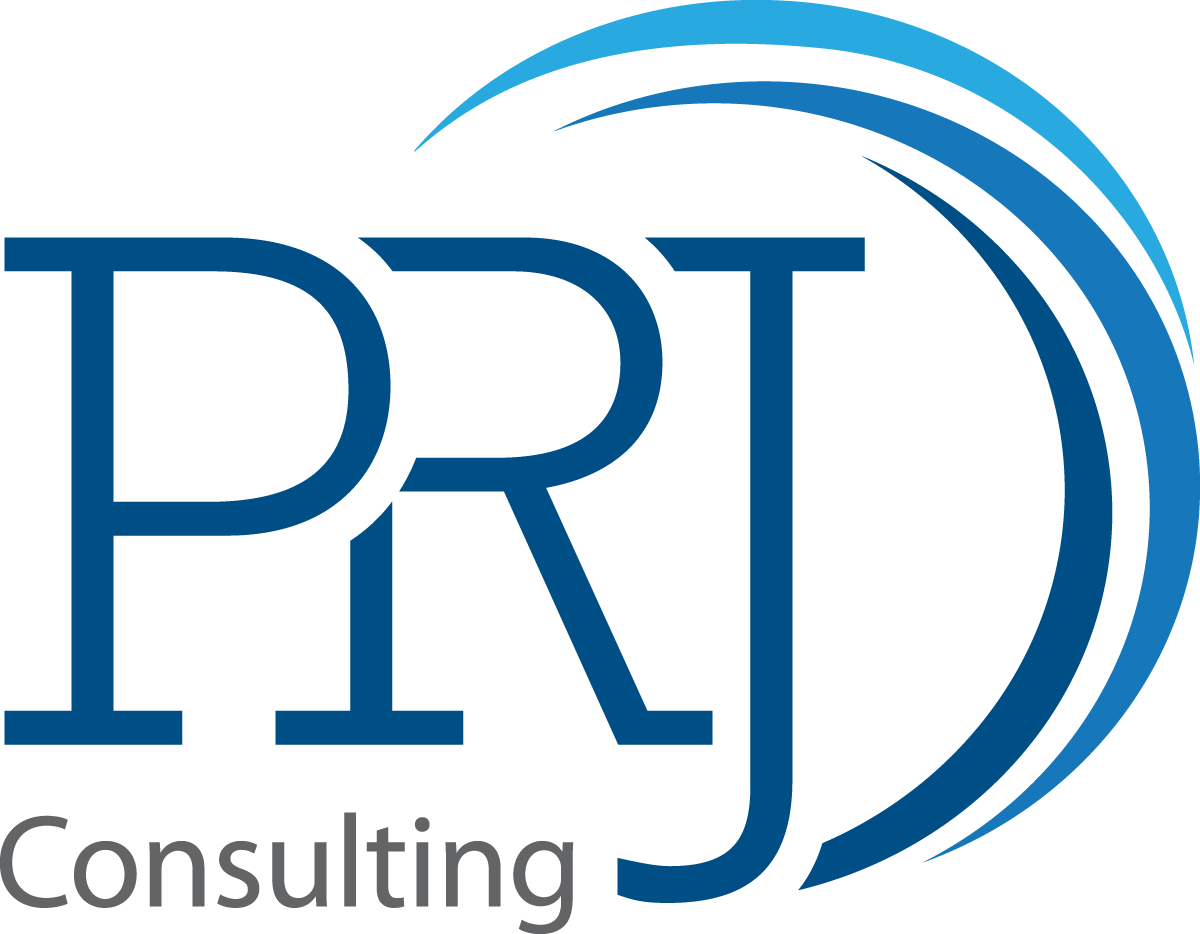Balancing Compensation Decisions in an Uncertain Economy
Economic uncertainty has once again made compensation strategy a balancing act. Inflation pressures, fluctuating demand, and cautious forecasts are forcing organizations to make tough choices about pay and performance rewards. The challenge: keeping compensation competitive without straining budgets or sending mixed signals about priorities.
At PRJ Consulting, we help clients navigate these decisions through a mix of structure, flexibility, and transparency. Here’s how employers can approach compensation planning when the future feels unclear.
1. Anchor to Business Priorities
Your compensation strategy should clearly reflect what the organization must achieve in the next 12–18 months. Whether your focus is cost management, retention of critical talent, or operational efficiency, connect pay decisions directly to those goals.
A concise compensation philosophy—communicated across leadership—helps ensure consistent and fair decisions, even when budgets tighten.
2. Balance Stability with Flexibility
While consistency builds credibility, rigidity can be risky. Many employers are moderating base pay increases and shifting a small portion of rewards into variable or one-time programs.
Consider using:
Moderated merit budgets to maintain pay progress without overcommitting.
Incentive plan adjustments that reflect achievable metrics.
Spot or project bonuses for critical contributions.
These options help organizations stay agile while maintaining parity and motivation.
3. Communicate with Transparency
When employees understand why decisions are made, they’re more likely to accept them—even if raises or bonuses are smaller than expected.
Be upfront about your process and constraints:
Explain how budgets were set and what factors influenced pay decisions.
Clarify the difference between base and variable pay.
Use consistent language across leaders to avoid confusion.
Transparency builds trust, reduces misinformation, and reinforces a culture of accountability.
4. Focus on Parity and Fairness
Pay parity—not just external competitiveness—should remain central. In uncertain times, internal alignment becomes even more visible. If one area receives larger increases or bonuses, employees will notice.
Regularly review pay ranges and compression risks to ensure similar roles and contributions are rewarded equitably. A structured pay review process helps you maintain fairness while preserving flexibility for exceptions.
5. Measure the Impact
Data-driven reviews help determine whether your approach is working. Monitor indicators like turnover, engagement, and performance to see how compensation decisions influence outcomes.
Ask:
Are we retaining our top performers?
Are pay gaps widening unintentionally?
Are incentive programs driving results or just adding cost?
Building a compensation scorecard gives leaders real-time visibility into these patterns and allows for midcourse adjustments.
6. Plan for the Recovery
Uncertain conditions won’t last forever. The organizations that plan ahead—by maintaining parity, documenting pay decisions, and tracking market data—will be positioned to accelerate when conditions stabilize.
Consider short-term tradeoffs that preserve long-term flexibility, such as:
Delaying larger base adjustments until the next review cycle.
Offering temporary incentives tied to measurable outcomes.
Investing in non-cash rewards that sustain engagement, like career growth and recognition.
The Bottom Line
Compensation decisions made in uncertain times define an organization’s credibility. The goal isn’t just to control costs—it’s to show consistency, fairness, and respect for employees’ contributions while staying adaptable to change.
PRJ Consulting partners with organizations to design compensation strategies that hold up in any economy. From market pricing and job evaluation to pay parity reviews and total rewards design, we help you build systems that balance fiscal discipline with employee trust.
Connect with PRJ Consulting to ensure your compensation plan reflects both your values and your business realities.

